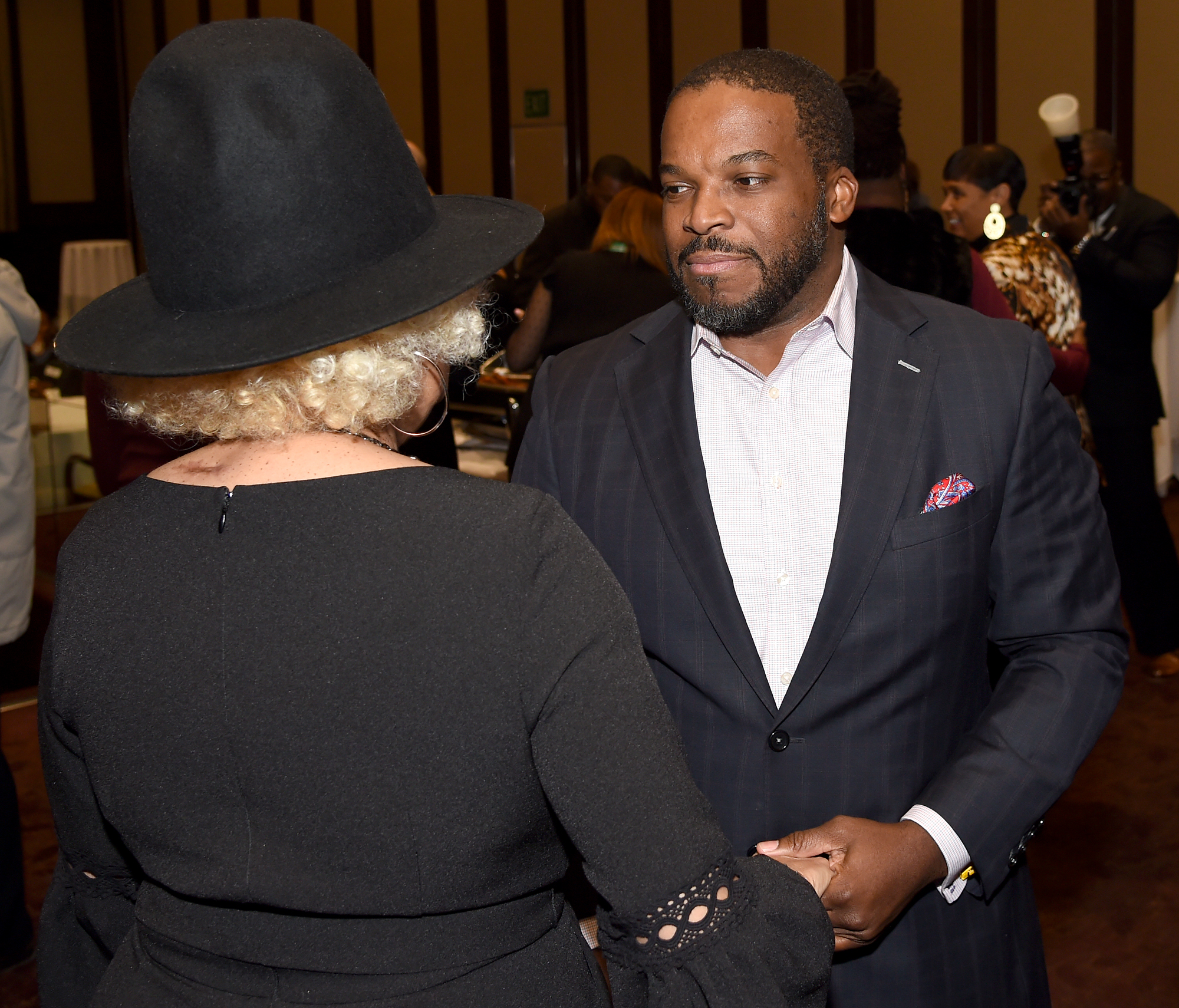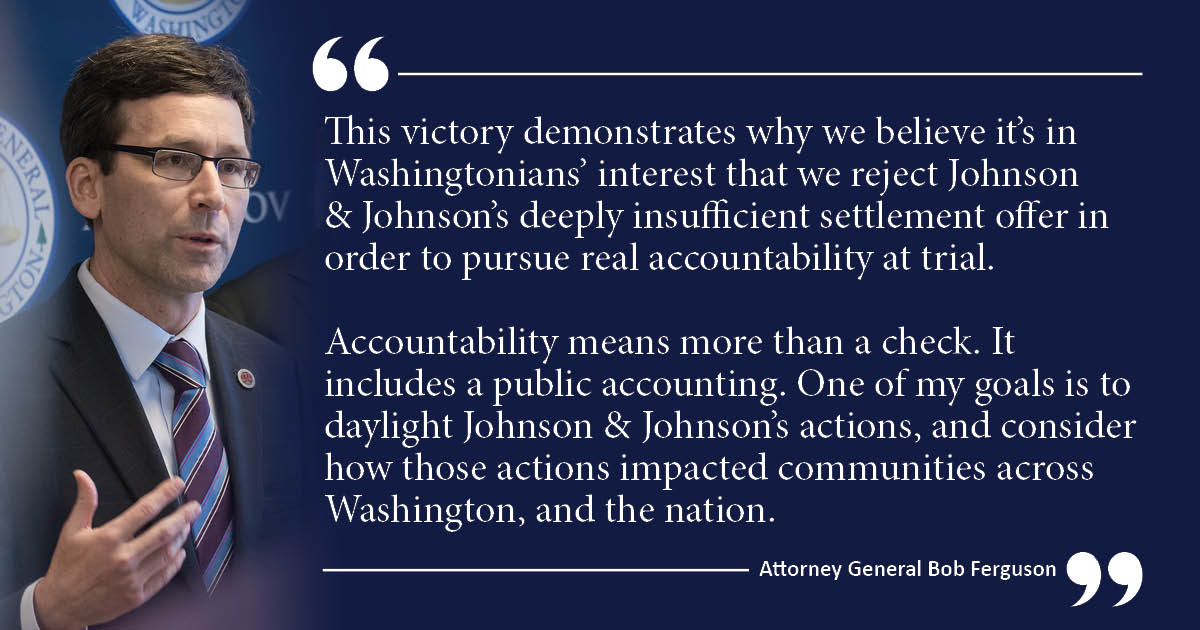Hey there, folks! Let’s dive into the world of attorney abbreviations, where legal jargon meets everyday communication. If you’ve ever wondered what those fancy letters after someone’s name mean or why they matter, you’re in the right place. Attorney abbreviations aren’t just random strings of letters—they carry weight, authority, and professionalism. So, let’s break it down for you.
Imagine walking into a courtroom or reading an official document, and bam! There’s this person labeled as “Esq.” or “JD.” What gives? These abbreviations are more than just titles; they signify a person’s qualifications, expertise, and role in the legal field. Understanding them can help you navigate legal discussions with confidence.
Whether you’re a law student, a professional, or just someone curious about the legal world, this article will demystify attorney abbreviations. We’ll cover everything from the most common ones to their significance in real-world scenarios. So, buckle up and let’s get started!
- Avril Lavigne Brother A Deep Dive Into Family Life And Siblings
- Is Clive Davis Married Unveiling The Personal Life Of The Iconic Music Mogul
What Are Attorney Abbreviations Anyway?
Attorney abbreviations are short forms used to represent legal titles, degrees, and professional designations. They’re like secret codes in the legal world, helping identify individuals based on their education, experience, and role. These abbreviations aren’t just for show—they serve a purpose in professional communication.
For instance, when you see “John Doe, Esq.,” it means John Doe is a licensed attorney. Similarly, “Jane Smith, JD” indicates that Jane has a Juris Doctor degree. These abbreviations make it easier to recognize a person’s credentials without needing a full explanation every time.
Why Do Attorney Abbreviations Matter?
In the legal field, credibility is everything. Attorney abbreviations play a crucial role in establishing trust and authority. They’re not just fancy titles; they’re markers of expertise and professionalism. Think of them as badges of honor, signaling that the person has met specific standards and requirements.
- Unpacking The Genius Behind Brainchild Robthecoins
- Naruto Shippuden Fillers The Ultimate Guide For Fans
Moreover, these abbreviations help differentiate between various roles in the legal system. For example, an attorney with “Esq.” might focus on litigation, while someone with “LLM” could specialize in international law. Understanding these distinctions can be invaluable, especially if you’re seeking legal advice or representation.
Common Attorney Abbreviations You Should Know
1. Esq. (Esquire)
Esq. is one of the most widely recognized attorney abbreviations. It’s traditionally used to denote a licensed attorney in the United States. While its origins trace back to British aristocracy, today it signifies legal expertise and professionalism.
Fun fact: Not all attorneys use “Esq.” Some prefer to omit it, especially in informal settings. However, it’s still widely accepted as a standard title in legal circles.
2. JD (Juris Doctor)
JD stands for Juris Doctor, the professional degree required to practice law in the U.S. Attorneys with a JD have completed law school and passed the bar exam, making them fully qualified to provide legal services.
- JD programs typically last three years.
- Graduates must pass the bar exam to become licensed attorneys.
- Many JD holders also pursue additional specializations.
3. LLM (Master of Laws)
LLM is a postgraduate degree that attorneys pursue to specialize in specific areas of law, such as tax law, environmental law, or intellectual property. It’s like leveling up in the legal world, allowing attorneys to deepen their expertise in niche fields.
According to the American Bar Association, the demand for LLM programs has been steadily increasing, reflecting the growing complexity of modern legal issues.
Lesser-Known Attorney Abbreviations
4. BCL (Bachelor of Civil Law)
BCL is a degree commonly awarded in countries that follow civil law systems, such as France and Canada. While less common in the U.S., it’s still relevant for attorneys practicing international law.
5. DCL (Doctor of Civil Law)
DCL is an advanced degree that focuses on civil law and legal theory. Attorneys with a DCL often work in academia or as legal consultants, leveraging their deep understanding of legal principles.
These lesser-known abbreviations highlight the diversity of legal education and practice worldwide. They also underscore the importance of global collaboration in addressing cross-border legal challenges.
How to Use Attorney Abbreviations Properly
Using attorney abbreviations correctly is essential for maintaining professionalism and avoiding misunderstandings. Here are some tips to help you get it right:
- Always verify the individual’s credentials before using an abbreviation.
- Use abbreviations consistently in formal documents and communications.
- Be mindful of cultural differences; some abbreviations may not be universally recognized.
For example, if you’re writing a formal letter to an attorney, you might address them as “Dear Mr. Smith, Esq.” In informal settings, simply using their name or title might suffice.
The Evolution of Attorney Abbreviations
Attorney abbreviations have evolved over time, reflecting changes in the legal profession and society. What started as simple titles has grown into a complex system of designations and specializations. This evolution mirrors the increasing complexity of legal issues and the need for specialized expertise.
According to a report by the National Association for Law Placement (NALP), the demand for specialized legal skills has surged in recent years. This trend is driving more attorneys to pursue advanced degrees and certifications, further expanding the range of available abbreviations.
Challenges in Understanding Attorney Abbreviations
While attorney abbreviations are useful, they can also be confusing for those unfamiliar with legal terminology. For instance, someone might mistake “JD” for a general law degree, not realizing it specifically refers to the Juris Doctor program.
To overcome this challenge, it’s important to educate yourself on the meanings and contexts of different abbreviations. Resources like legal dictionaries and professional associations can be invaluable in this regard.
Real-World Applications of Attorney Abbreviations
1. In Legal Documents
Attorney abbreviations are frequently used in legal documents to identify parties and their roles. For example, a contract might list the parties as “John Doe, Esq.” and “Jane Smith, JD.” This ensures clarity and avoids confusion.
2. In Professional Networking
In professional networking, attorney abbreviations help establish credibility and open doors to new opportunities. Including relevant abbreviations in your LinkedIn profile or business card can signal your expertise to potential clients and collaborators.
Tips for Aspiring Attorneys
If you’re considering a career in law, understanding attorney abbreviations is a great place to start. Here are some tips to help you navigate this aspect of the legal world:
- Research the specific abbreviations relevant to your desired field of practice.
- Consider pursuing additional certifications or degrees to enhance your qualifications.
- Network with experienced attorneys to gain insights into the practical use of abbreviations.
Remember, the legal field is constantly evolving, so staying informed and adaptable is key to success.
Conclusion: Mastering Attorney Abbreviations
In conclusion, attorney abbreviations are more than just fancy titles—they’re tools for communication, credibility, and professionalism. Whether you’re an aspiring attorney, a legal professional, or just someone interested in the law, understanding these abbreviations can enhance your knowledge and confidence.
So, what’s next? Share this article with your friends, leave a comment below, or explore other articles on our site. Together, let’s demystify the world of attorney abbreviations and empower everyone to engage with the legal system more effectively. Cheers!
Table of Contents
- Common Attorney Abbreviations
- Lesser-Known Attorney Abbreviations
- How to Use Attorney Abbreviations Properly
- The Evolution of Attorney Abbreviations
- Challenges in Understanding Attorney Abbreviations
- Real-World Applications of Attorney Abbreviations
- Tips for Aspiring Attorneys



Detail Author:
- Name : Lisette Haag Sr.
- Username : doyle.mcdermott
- Email : libbie.schinner@reinger.info
- Birthdate : 1982-04-07
- Address : 2174 Klocko Tunnel East Michaleside, SD 52212
- Phone : 919.932.4659
- Company : Hilpert, Gleichner and Mueller
- Job : Executive Secretary
- Bio : Numquam ab sit quod laboriosam nemo sed. Quisquam voluptatum quidem ducimus consectetur velit doloremque nam atque. Libero delectus distinctio et porro possimus.
Socials
instagram:
- url : https://instagram.com/filomena_nikolaus
- username : filomena_nikolaus
- bio : Et et iusto dolore aut. Et enim sint voluptatum possimus voluptatibus.
- followers : 3664
- following : 2514
tiktok:
- url : https://tiktok.com/@fnikolaus
- username : fnikolaus
- bio : Dolor sapiente nostrum quia aliquam eum.
- followers : 1588
- following : 2376
linkedin:
- url : https://linkedin.com/in/filomena7408
- username : filomena7408
- bio : Magnam neque nihil consequatur labore.
- followers : 5218
- following : 331